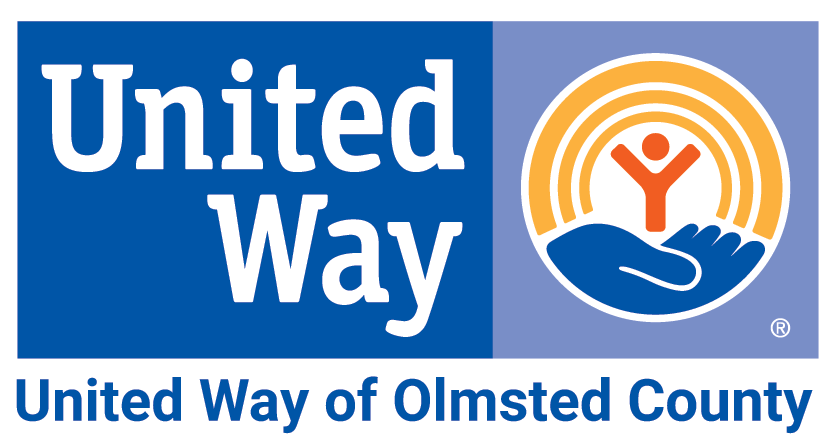.png)
Tuesday, January 11
"Every human is like all other humans, some other humans, and no other human." - Clyde Kluckhon |
Welcome back, Rochesterites, Minnesotans, and beyond!
Consider this: We are all are born belonging to a culture, which is not only influenced by traditional practices, heritage, and ancestral knowledge but also by the experiences, values, and beliefs of individual families and communities. Culture is the fundamental building block of identity, and the development of a strong cultural identity is essential to an individual’s healthy sense of who they are and where they belong. Respecting diversity of cultures means valuing and reflecting the practices, values, and beliefs of families and communities. Sometimes we see certain beliefs, values, and practices as those of a culture, when in fact, they are of a specific family.
Discernment comes with immersion in a culture - cultural competence.
Cultural competence isn't something we're born with. It's shaped by our life experiences. So it's only natural that we miss seeing some of the differences that are right in front of us. As we move through life and encounter more differences, our mindsets expand, and we develop the skills and knowledge to navigate complex situations more easily.
Cultural competence encompasses:
- being aware of one’s own world view
- developing positive attitudes towards cultural differences
- gaining knowledge of different cultural practices and world views
- developing skills for communication and interaction across cultures
- fostering secure, respectful, and reciprocal relationships and partnerships
Underlying cultural competence are the principles of trust, respect for diversity, equity, fairness, and social justice. Cultural competence requires more than becoming culturally aware or practicing tolerance. Rather, it is the ability to identify and challenge one’s own cultural assumptions, values, and beliefs, and to make a commitment to communicating with cultural understanding.
Today's Challenge: Do one or more of the following...
OPTION 1: Use the Walk Around the World Scavenger Hunt from IMAA (Intercultural Mutual Assistance Association) as a guide to explore Olmsted County’s vibrant and diverse community. After each experience, consider the questions
- Why do you think it is important to be culturally competent?
- What are some of your opportunities for growth when interacting with someone from another background or culture?
OPTION 2: Cultural Competence starts with self-awareness. Take this Cultural Competence Self-Assessment adapted from a checklist from the Greater Vancouver Island Multicultural Society. This tool is designed to help you consider your skills, knowledge, and awareness of yourself in your interactions with others and to assist you to recognize what you can do to become more effective in working and living in a diverse environment.
OPTION 3: People often wonder about the term, "cultural humility" vs "cultural competence." Read the article Cultural Competence or Cultural Humility? Moving Beyond the Debate by Ella Greene-Moton and Meredith Minkler, DrPH, MPH that discusses the origins of the terms within the health field and ultimately recognizes that pursuing the path of "both/and" is good practice.
OPTION 4: It’s relatively easy for us to experience another culture today through film, television, and social media. All this connection can inspire genuine cultural appreciation. But cultural appreciation can easily turn into cultural appropriation. Instead of honoring another culture, appropriation demeans and dishonors. See the reactions and hear the messages of young women as they come face-to-face with culturally appropriative costumes in this video produced by teenVogue. (4:47)
OPTION 5: Help us build back a better, more equitable Olmsted County. Read up on United Way of Olmsted County’s Culturally Powered Communities, a transformational capacity building program designed to strengthen the education, health, and financial stability of Olmsted County’s cultural communities by strengthening the organizations that serve them.
